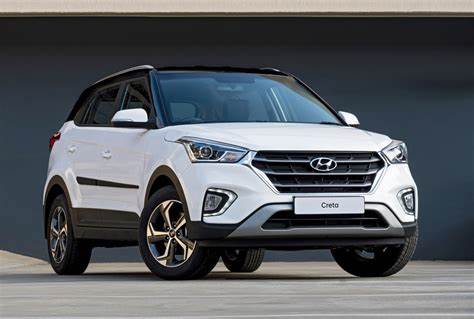Automobile
Arvind Kejriwal government bans entry of of petrol, diesel vehicles till 3 December amid rising pollution in Delhi
To keep Delhi`s air quality under check, only CNG-run and electric vehicles will be allowed entry into the city from November 27, while all the petrol and diesel transports will remain banned till December 3.
“As pollution level in Delhi is reducing leading to an improved Air Quality Index (AQI) similar to pre-Diwali days, the Delhi government has taken a slew of measures to maintain it. Entry of trucks and other vehicles, except for those involved in essential services, from outside Delhi has been stopped.”
“From November 27, only CNG-run and electric vehicles will be allowed entry into the national capital. All the other vehicles will remain banned till December 3,” Delhi Environment Minister Gopal Rai said in a press briefing after a high-level meeting was conducted to decide on measures needed to keep Delhi`s air clean.
“Schools, colleges, libraries and other educational institutions will also be reopened from November 29 onwards,” he said, adding that government offices will also be reopened from Monday and everyone is advised to use public mode of transport.
“We have also decided to deploy special CNG buses for major colonies like Timarpur and Gulabi Bagh among others from where Delhi government employees commute for the office. We will also start shuttle bus service from Delhi Secretariat to ITO and Indraprastha metro stations for the employees,” Rai told the media.
“Recently, the Delhi government had removed restrictions from construction and demolition activities. All the construction agencies have also been advised to stick to the 14 point-guidelines. We have deployed 585 teams to keep a check at such sites to curb the dust pollution. Those found violating the norms will be penalised and subjected to strict action without any notice whatsoever,” the minister added.
The Delhi government on Monday lifted the ban on construction activities after the marginal improvement in the national capital`s air quality.
On November 21, all schools in the national capital were shut down until further orders of the Commission for Air Quality Management in National Capital Region and Adjoining Areas, owing to the rising levels of air pollution in the city.
Since Diwali, the AQI of the national capital continued to hover around the upper end of the `very poor` or `severe` category. The change in wind direction, stubble burning and bursting of firecrackers were cited to be the reason behind worsened air quality.
Air quality visibly improved in Delhi after strong surface winds swept through the city on Sunday with today`s AQI being recorded at 280 by the System of Air Quality and Weather Forecasting And Research (SAFAR).
An AQI between zero and 50 is considered `good`, 51 and 100 `satisfactory`, 101 and 200 `moderate`, 201 and 300 `poor`, 301 and 400 `very poor`, then 401 and between 500 is considered `severe`.
Automobile
Improved version of Hyundai Creta launched in Indian market: Check it out here

Hyundai India launched the much-awaited Creta Knight Edition in the country at a starting price of Rs 13.51 lakh (ex-showroom, all-India). This new variant is available in both petrol and diesel engine options and can be had either with a manual or an automatic transmission unit. To read more about the Creta Knight Edition, click here. In addition to this, the company has also introduced a model-year update for the Hyundai Creta with new feature additions.
The 2022 Hyundai Creta is now available in a new Denim Blue colour option and the Highline TPMS is now standard across all variants. The SX (O) trim now also gets a glossy black centre console. Furthermore, the company will offer the iMT option on the 1.5-litre petrol ‘S’ variant to further expand choices for the customers. The new S+ variant powered by a 1.4-litre T-GDi petrol engine with 7DCT now gets an additional set of features, such as –
– Smart panoramic sunroof
– 16-inch black alloy wheels
– Smartphone wireless charger
– Rear Disc Brakes
– Electronic Stability Control (ESC)
– Vehicle Stability Management (VSM)
– Hill start assist control (HAC)
– Paddle shifters
– Metal pedals
– Electric and auto-folding ORVMs
– Power window auto up/down
Mechanically, the SUV continues to be powered by the existing petrol and diesel engine options.







